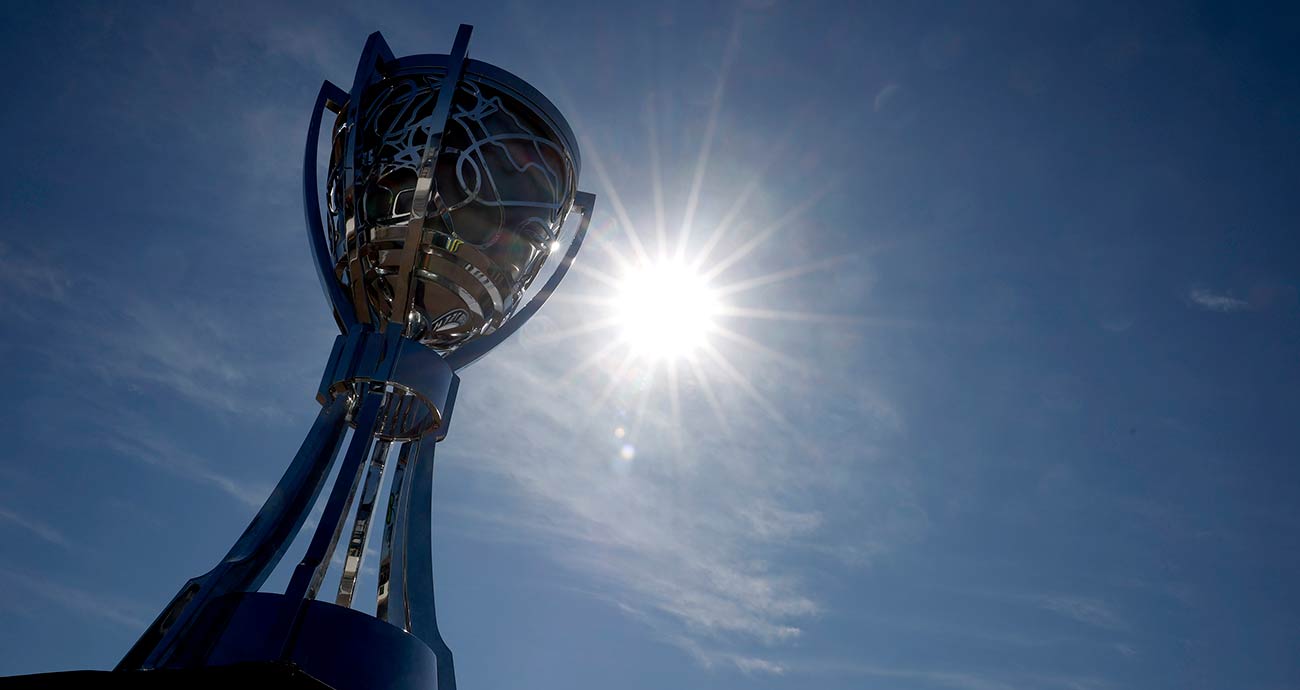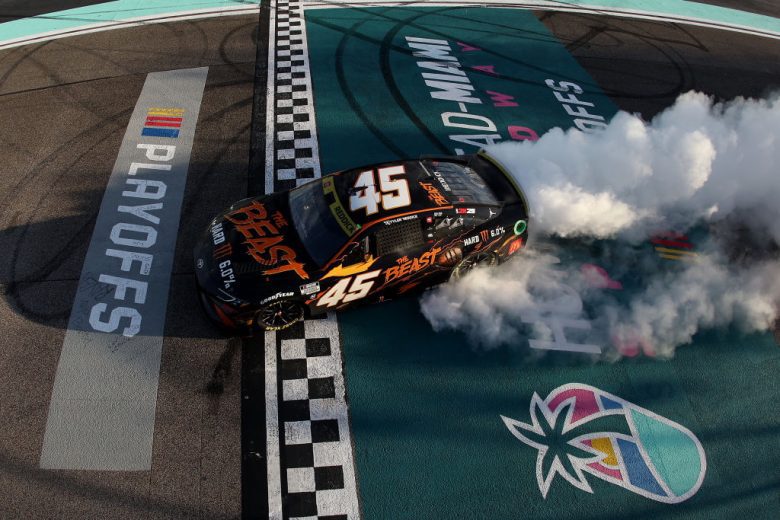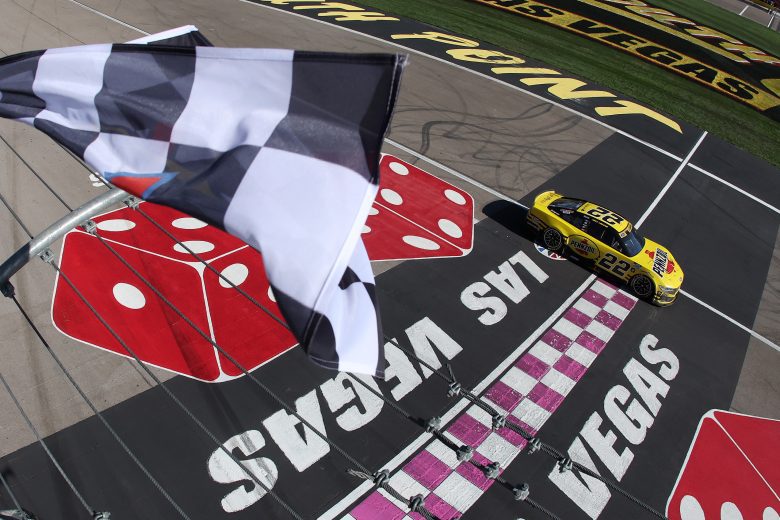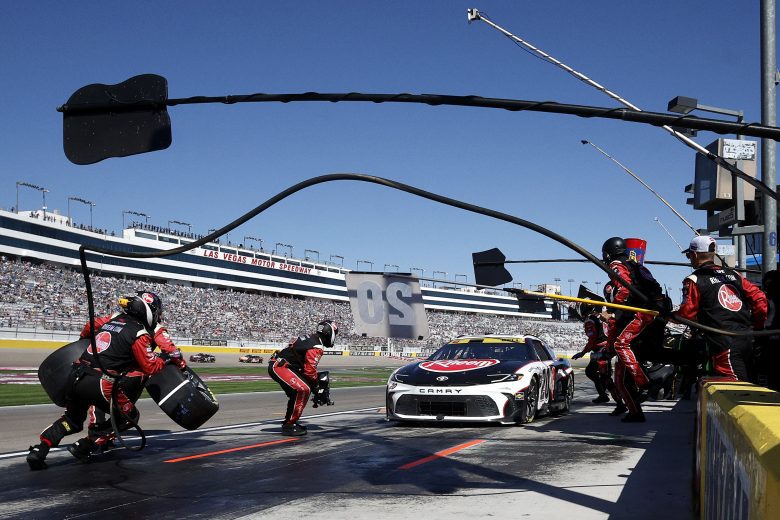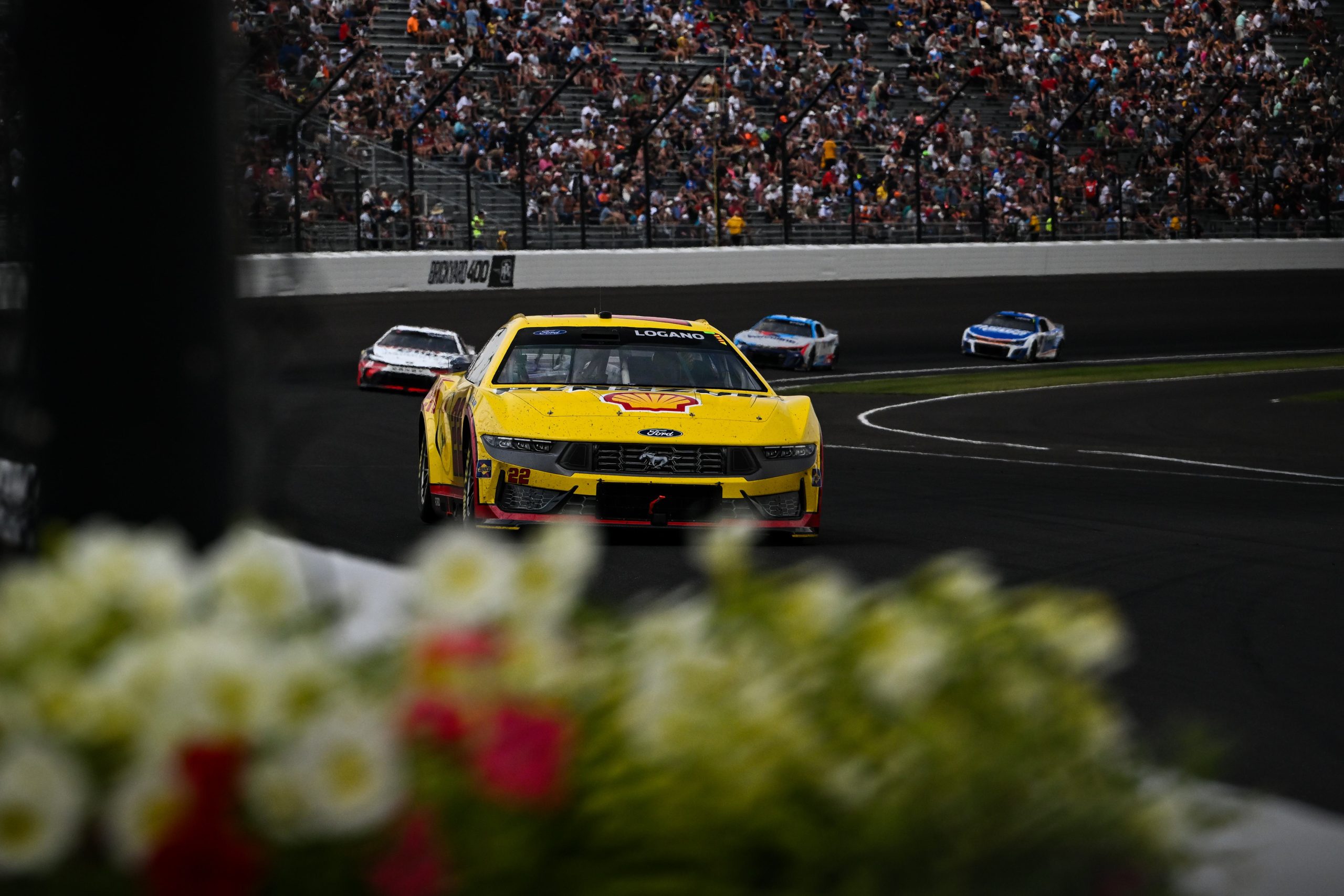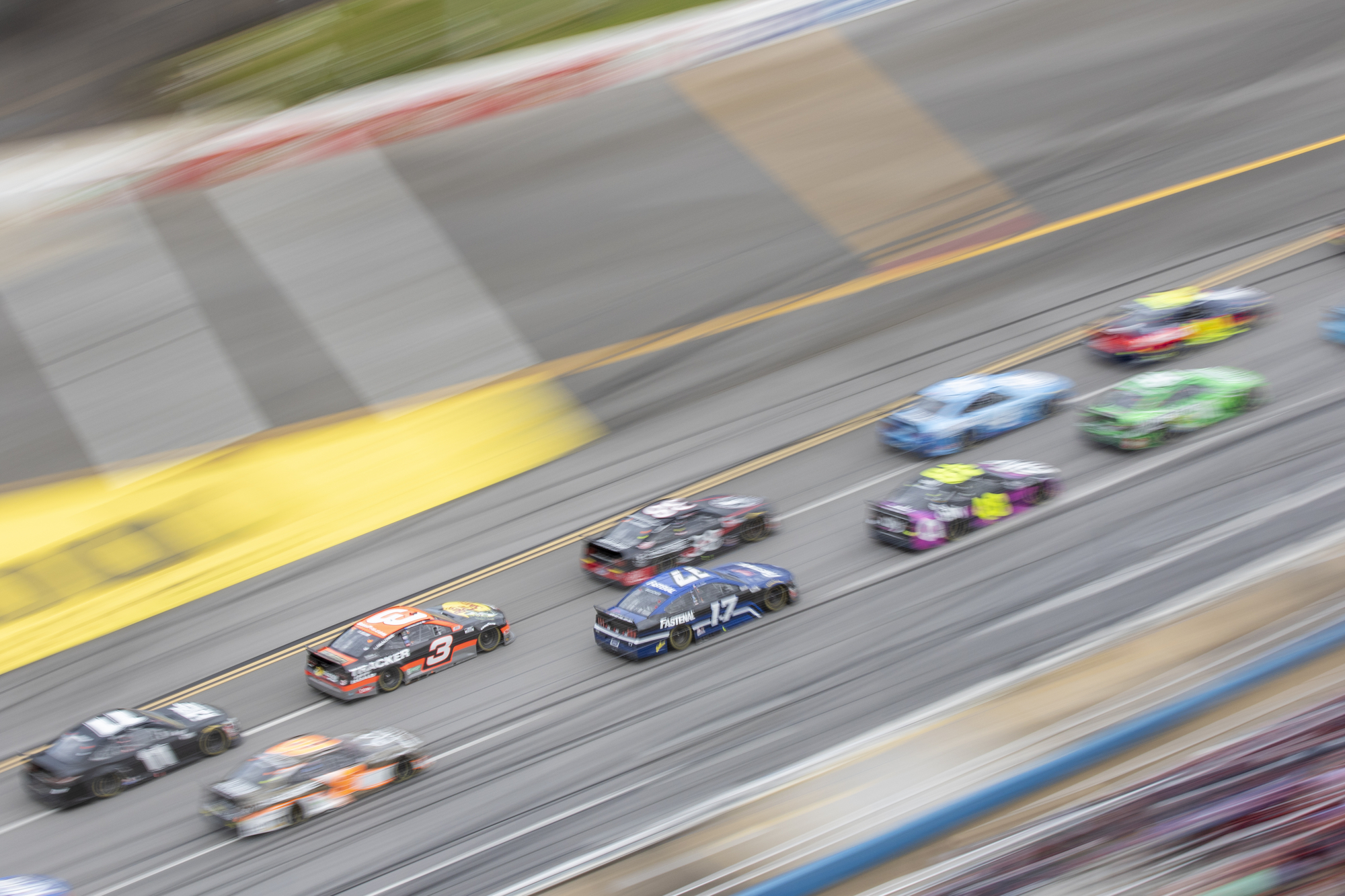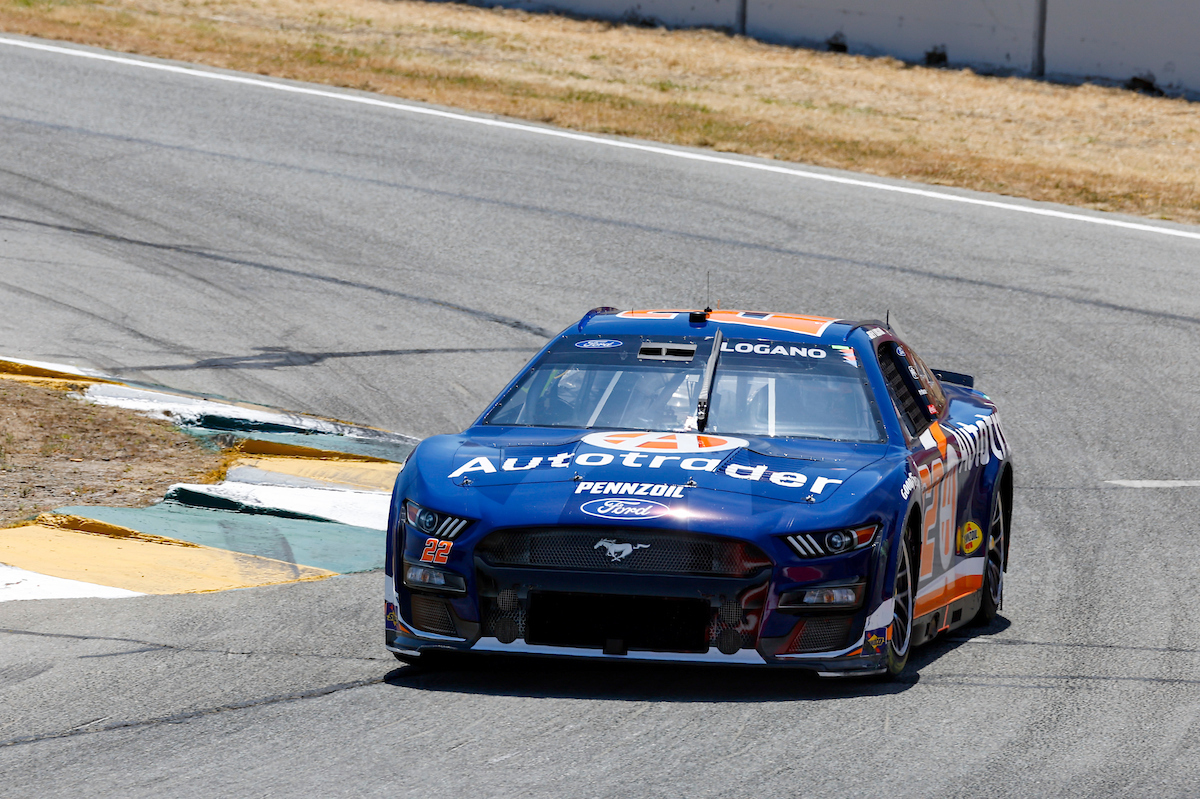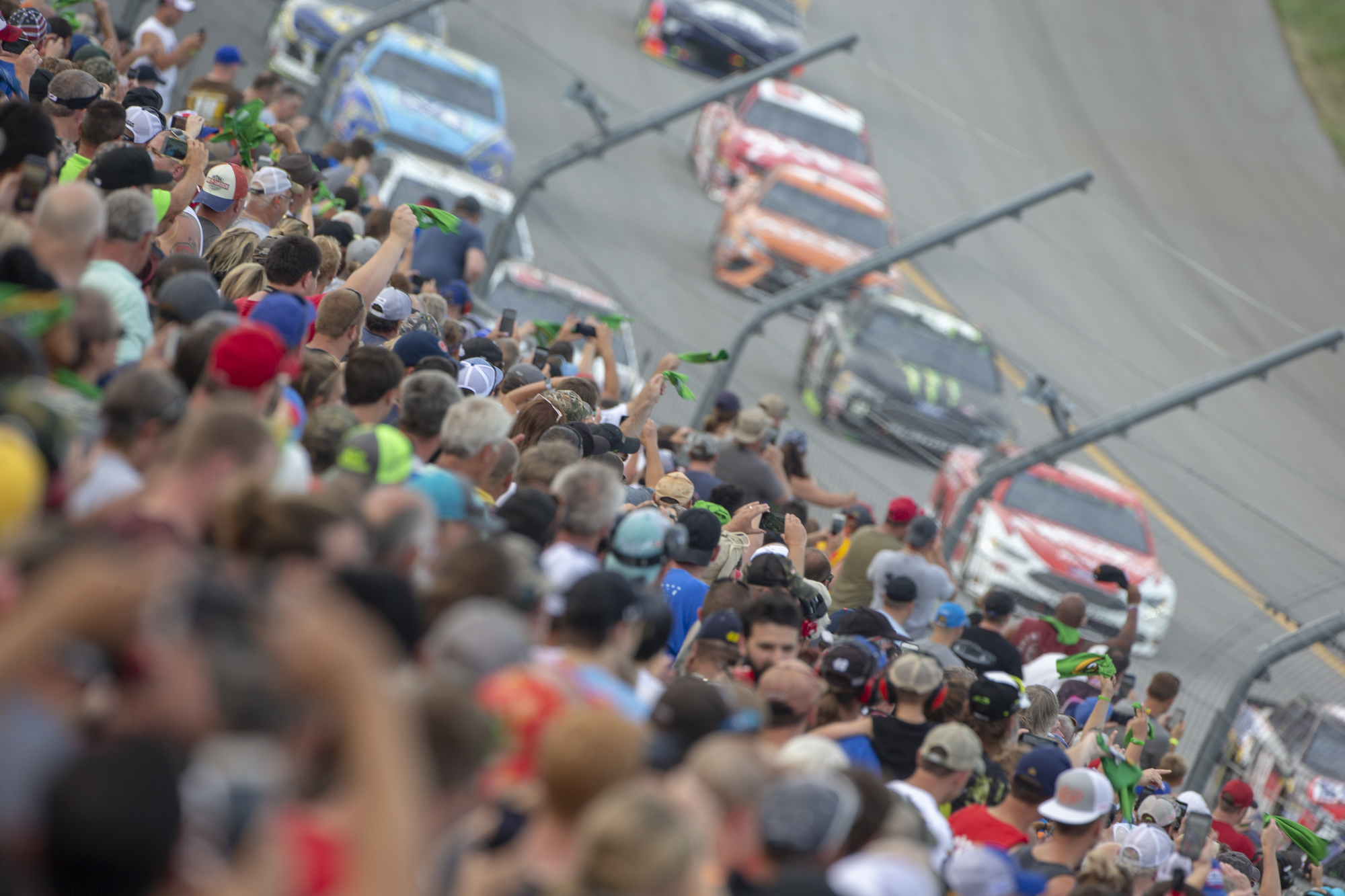What Does NASCAR Mean in English?
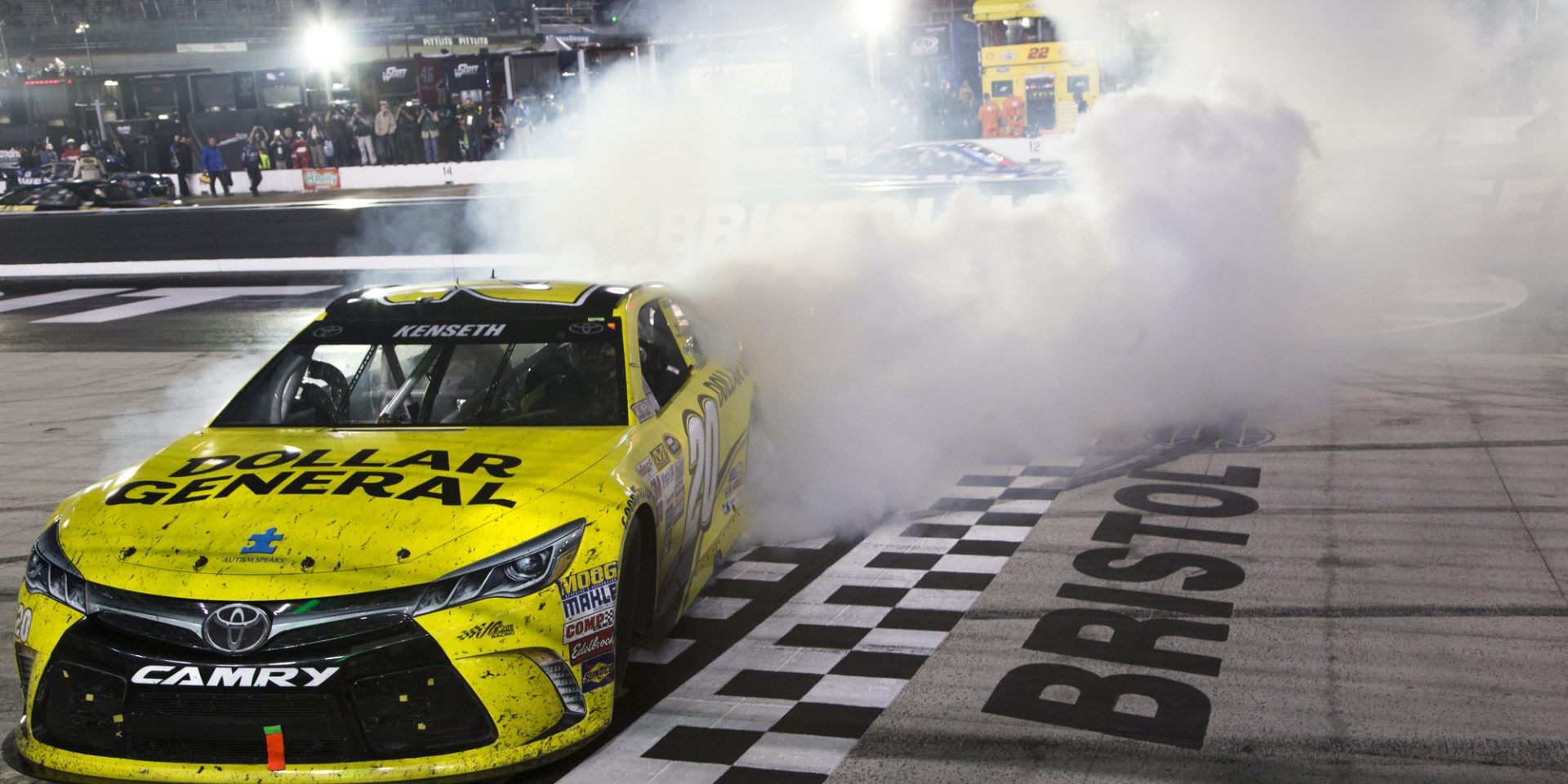
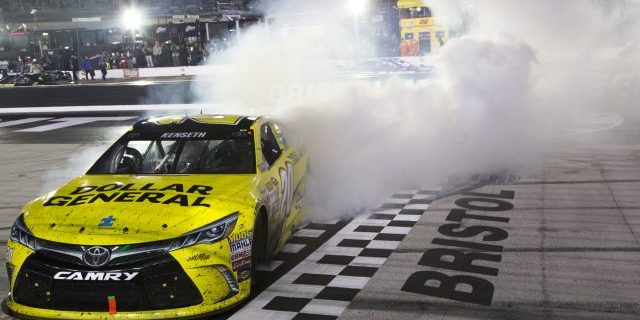
NASCAR stands for the National Association for Stock Car Auto Racing. It is one of the most recognized motorsport organizations in the United States, first established in 1948. The name itself signals an organization deeply rooted in the American tradition of stock car racing. NASCAR’s establishment was a key step in organizing and promoting stock car racing across the country, leading to what has become a highly popular sporting event, with numerous races held annually across North America.
NASCAR’s recognition has grown not only due to its thrilling races but also because of its ability to bring together driving talent, technological development, and fan engagement. Stock car racing under NASCAR’s guidance has evolved from a series of informal races to meticulously organized events that cater to millions of passionate fans. The organization operates multiple racing series, including the top-tier NASCAR Cup Series, and has cultivated a strong connection with various stakeholders, from sponsors to media networks, enhancing its cultural and economic impact.
Key Takeaways
- NASCAR is an acronym for the National Association for Stock Car Auto Racing.
- Established in 1948, NASCAR has become a cornerstone of American motorsports culture.
- The organization manages several racing series and has extensive influence on and off the race tracks.
Table of Contents
History of NASCAR
NASCAR, formally known as the National Association for Stock Car Auto Racing, has a rich heritage that reflects its status as a flagship motorsport organization in North America, attracting vast audiences with its high-speed races.
Origins and Founding
Bill France, an auto mechanic and race car driver, convened a meeting at the Streamline Hotel in Daytona Beach in 1948 to discuss the standardization of rules for stock car racing, leading to the creation of NASCAR. This period came on the heels of Prohibition, where the need for fast cars to run moonshine had inadvertently fostered a culture of racing among drivers.
Growth and Evolution of the Sport
NASCAR quickly outgrew its regional roots, expanding into a national sport beloved by millions. By the turn of the 21st century, it had solidified its place in American culture. The organization has since ventured into international territories with the NASCAR Whelen Euro Series, demonstrating the sport’s growth beyond its Daytona Beach origins.
NASCAR Series Explained
NASCAR features several series under its umbrella, providing a range of competition levels from professional to regional. Each series showcases unique vehicles and racing formats tailored to the experience levels and backgrounds of the drivers involved.
NASCAR Cup Series
The NASCAR Cup Series is the pinnacle of professional stock car racing and involves the highest level of competition. It features the sport’s most prominent drivers who compete annually to win the coveted championship, navigating diverse tracks ranging in size and complexity.
Xfinity Series
Beneath the Cup level, the Xfinity Series serves as a proving ground for drivers looking to make it to the top-tier NASCAR Cup Series. It’s known for intense competition and is often regarded as the “minor league” of NASCAR, showcasing up-and-coming talent in high-speed races.
Camping World Truck Series
The Camping World Truck Series presents a different type of challenge with its pickup truck-styled vehicles, providing a unique spectacle within the NASCAR hierarchy. This series allows drivers to display their skills in truck racing, combining speed with the added dynamics of truck aerodynamics and handling.
Regional Racing Series
NASCAR also sanctions a multitude of Regional Racing Series across the nation. These series serve as a grassroots level for local talents to compete and develop their racing skills before moving up to national series contests. These regional events are vital for nurturing the next generation of racers.
Iconic Races and Tracks
NASCAR features a mix of iconic races and diverse tracks that form the backbone of its racing calendar. These venues offer unique challenges and play a pivotal role in NASCAR history.
Daytona 500
Daytona Beach, Florida is home to the Daytona 500, often referred to as “The Great American Race.” As NASCAR’s most prestigious event, the race has taken place annually since 1959 at the Daytona International Speedway. It marks the beginning of the NASCAR Cup Series and is famous for its high-speed competition and high-stakes finish.
Darlington Raceway
Darlington Raceway, also known as “The Lady in Black,” stands as one of the oldest tracks in the NASCAR Cup Series. Located in South Carolina, Darlington is renowned for its unique, egg-shaped design that demands a high level of skill and precision. The track is a testament to the sport’s rich history and remains a favorite among both drivers and fans.
Superspeedways and Road Courses
NASCAR’s calendar features a variety of track types, with superspeedways and road courses providing distinct racing experiences. Superspeedways, like Talladega and Daytona, are characterized by their long, wide, and high-banked ovals that enable blistering speeds. In contrast, road courses, such as Watkins Glen and Sonoma Raceway, incorporate right and left turns, requiring strategic maneuvering and technical prowess from the drivers. Both types of tracks emphasize NASCAR’s diversity in racing environments.
Technical Aspects of NASCAR
The technical aspects of NASCAR reveal the sophistication behind the exciting world of stock car racing. From the construction of the cars to the safety measures and recent vehicle advancements, each element plays a critical role in the competitive nature of the sport.
Stock Cars and Modifications
Stock cars, which are the backbone of NASCAR racing, originate from standard production models but undergo significant modifications for performance and safety. These vehicles feature powerful V8 engines, reinforced chassis, and aerodynamic components like the spoiler, which provides downforce to maintain stability at high speeds.
Safety Innovations
Safety is a top priority in NASCAR, with continuous improvements being made over the years. The introduction of the SAFER Barrier system has drastically reduced the impact on drivers during a crash. Advances in seatbelt design, fuel cell construction, and the HANS device—a head and neck support system—are pivotal for driver safety.
Next Gen Car Overview
The Next Gen car, introduced in 2021, is a significant advancement in NASCAR racing. This latest model features modernized components including a new chassis and body that reflect contemporary production cars more closely. With its improved aerodynamics and updated safety features, the Next Gen car is designed to provide a more level playing field among teams and enhance competition.
Notable Drivers and Teams
The history of NASCAR is rich with legendary drivers and dominant teams whose impact has shaped the sport. This section delves into the contributions of historic figures and modern champions who have left an indelible mark on NASCAR racing.
Richard Petty and Dale Earnhardt
Richard Petty, often referred to as “The King,” is a central figure in NASCAR history, with an unrivaled record of 200 wins and seven Cup Series championships. Petty’s trademark #43 car and his enduring legacy have set a high standard in racing excellence. Dale Earnhardt, known as “The Intimidator,” matched Petty’s record of seven championships with his fearless driving style, earning him a devoted fan base and a lasting legacy in the sport.
Contemporary NASCAR Champions
Among more recent champions, Jimmie Johnson stands out with seven championships, tying the record held by Petty and Earnhardt. His period of dominance in the 2000s and 2010s established him as a formidable force in the racing community.
Kyle Busch, with two Cup Series titles and an aggressive driving style, has built a reputation as one of the sport’s fiercest competitors. Alongside him, Kevin Harvick, Brad Keselowski, and Denny Hamlin have consistently showcased their skill, contributing to their teams’ success and elevating the level of competition.
Chase Elliott, the son of former Cup Series champion Bill Elliott, has become a prominent figure in the sport, securing the Cup Series championship in 2020. His rise to the top has marked a new era of talent and competition in NASCAR.
| Driver | Championships | Notable Achievements |
|---|---|---|
| Richard Petty | 7 | 200 race wins |
| Dale Earnhardt | 7 | Intimidating racing style |
| Jimmie Johnson | 7 | Dominance in the 2000s and 2010s |
| Kyle Busch | 2 | Aggressive driving, many victories |
| Kevin Harvick | 1 | Consistent high-level performance |
| Brad Keselowski | 1 | Team leadership and strategic racing |
| Denny Hamlin | 0 | Numerous race victories, key player |
| Chase Elliott | 1 | 2020 Cup Series champion |
Through their talent, dedication, and unique driving styles, these drivers have contributed to the prestige of their respective teams and have garnered significant achievements within NASCAR.
NASCAR’s Business and Media
NASCAR is a significant entity in the sports business, with major deals in sponsorships and media rights playing an essential role in its commercial success.
Sponsorships and Partnerships
NASCAR maintains lucrative partnerships with a variety of sponsors, including Coca-Cola, which holds the title sponsorship for the NASCAR Cup Series. Busch Beer is another key partner, sponsoring the Busch Pole Award. Additionally, GEICO serves as the official insurance partner of NASCAR, showcasing the diversity of sponsors and partnerships that the organization maintains.
Television and Broadcasting Rights
For TV and broadcasting, NASCAR has engaged in long-term media agreements with prominent broadcasters. An essential aspect of NASCAR’s media presence will be its continuing partnership with Fox Sports and NBC Sports beginning in the 2025 season. These partnerships ensure that NASCAR stays accessible to its fans through both traditional broadcast channels and potential streaming services, reflecting its strategy to adapt to evolving media consumption trends.
NASCAR’s Cultural Impact
NASCAR represents a significant segment of American auto racing, with influence both domestically and internationally.
Influence on American Auto Racing
NASCAR has consistently held its position as a cornerstone within American motorsports. It derives from a rich history, rooted in the prohibition era’s bootlegging, where drivers modified cars to outrun the police. American auto manufacturers like Chevrolet, Ford, and Toyota play an important role in the series, providing not only the vehicles but also investing in racing technologies. The imprint of NASCAR is seen in various American racing series, such as the International Speedway Corp which owns and operates multiple NASCAR race tracks, underlining NASCAR’s stature in American auto racing.
NASCAR in Global Perspective
Globally, NASCAR’s influence extends beyond the American market with entities like IMSA, which is the premier sports car racing series in the United States but collaborates with NASCAR. Additionally, the advent of eNASCAR, the series’ official esports competition, has generated international interest, allowing for global participation in NASCAR culture through digital platforms. The presence of manufacturers with worldwide recognition further expands NASCAR’s reach in the global auto racing scene.

